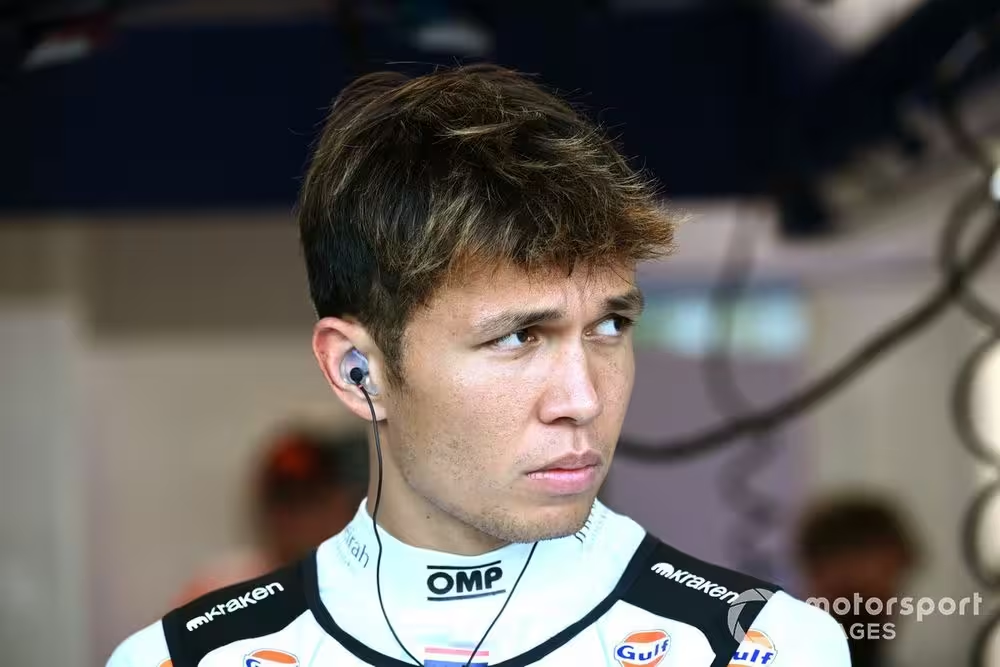The Singapore Grand Prix is the one the Formula 1 drivers all train for: the hardest on the calendar. You’ll be hearing these modern motorsport cliches plenty this weekend.
But there’s a case to be made that one of the championship’s newer night races has taken Singapore’s mantle as F1’s toughest physical racing challenge: the Qatar GP.
It’s the drivers themselves that have made the case.
“Qatar’s kind of overtaken it, at least in my opinion, in terms of physicality,” Williams driver Alex Albon replied when Motorsport.com recently enquired about the specific challenge of Singapore.
Albon has a rather unique perspective on F1 physical tests, given he took part in the 2022 Singapore event just three weeks after an appendectomy. Following his surgery, the Anglo-Thai racer had also suffered a shock respiratory failure and required intensive care treatment.
“If I did it again, I’m not sure I would do!” Albon jokes. “But it was a good challenge to myself. I proved that I could do it still. I did crash that race as well, but yeah, it was a good challenge. Tough.”
Albon also points out that for the first time since it joined the calendar in 2008, the Singapore race is immediately following another in punishing back-to-back scheduling – after that brilliant, brutal race in Baku last weekend.
Alex Albon, Williams Racing
Photo by: Mark Sutton / Motorsport Images
“We’re moving quite a bit in terms of distances, Baku to Singapore, which is going to be quite challenging, as well just for the body, for the rest and the mind, and everything like that,” Albon says.
George Russell agrees when we present his good friend’s point about Qatar now possibly being harder for the F1 pack than Singapore.
“Yeah, I’d say Qatar is probably the most physical circuit of the year now,” the Mercedes driver replies.
Here then is the case for each – two of the six night races, with such events now making up a quarter of the F1 calendar.
Immediately on this point, however, there’s a difference. With Qatar being only two hours ahead of the UK (referenced because the majority of the F1 squads are based there), compared to seven hours for Singapore, it’s much harder to adjust sleep patterns rather than simply staying on the previous timezone, as the paddock will do this weekend.
Sleep adjustment is always extra critical for the drivers, because, as Nico Hulkenberg’s trainer Martin Poole explains, ensuring a…
Click Here to Read the Full Original Article at Motorsport.com – Formula 1 – Stories…

